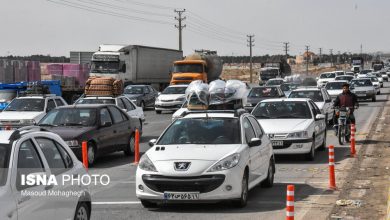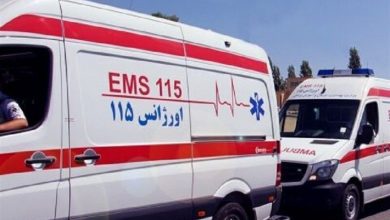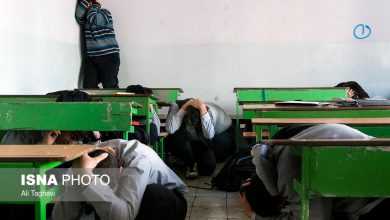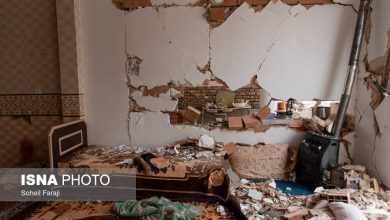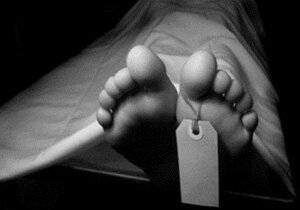
The former head of the General Secretariat of the Crisis Management Headquarters in Tehran believes that our country needs unified management and leadership in emergency situations so that the orders and orders of that unified leadership can be carried out accurately.
According to the informants, During crises and incidents, one of the serious concerns and challenges has always been how to coordinate and interact between different institutions. The challenge became more apparent after the earthquake in Bam and eventually led to the establishment of the country’s Crisis Management Organization. An organization whose mission is to coordinate the various agencies to provide relief during an earthquake. However, while conditions have changed dramatically compared to previous years, there are still some discrepancies in the provision of aid.
These contradictions were criticized by the President of the Red Crescent Society some time ago after the earthquake that hit the city of Khoy, and prompted Birhsin Kollavand to say about them on a live TV program: “Most of the problems and gaps that occur in crisis management go back to the interventions of irresponsible people, which leads to damage to the approvals of the crisis management headquarters “. Earlier, Qudrat Elah Mohammadi, CEO of Tehran Fire and Safety Services Organization, mentioned the issue of one order in accidents and said, “Our proposal is to create a single organization or operational ministry for emergencies and accidents, and different agencies such as the fire department and… operate under its command.” .
Statements like this have been made many times before by various officials in relation to the field of relief. In this regard, the requirements for integrated management and leadership in times of crisis were discussed with the former head of the General Secretariat of the Crisis Management Headquarters in Tehran. Mohsen Nadi believes that our country needs integrated management and command in the event of an accident so that the orders of that integrated command can be carried out accurately.
There is no integrated management and coordination in dealing with accidents
He stated that one of the problems of crisis management in the state is the lack of integrated management and coordination in dealing with accidents, and if we do not have this field and do not compensate for the defects, then this progress will be damaged.
Nadi, who is currently working as a consultant in the Prevention and Crisis Management Organization in Tehran, stated that Iran is one of the 10 most accident-prone countries in the world, and stated that: Neglecting the prevention approach in crisis management is one of the shortcomings. Crisis management, which fortunately has been emphasized in the new law. Prevention may have a small cost, but it is an investment to save people’s lives and property, and it is imperative that preventive strategies are more important than practical strategies.
The former head of the General Secretariat of the Crisis Management Headquarters in Tehran continued by saying that the best ability in crisis management is the use of people’s capabilities and proper planning must be done to use this ability. He said: One of the weaknesses in the discussion of crisis management is that the mechanism and hard work were not provided for people’s participation.
Read more:
There is a possibility of a magnitude 7 earthquake in Tehran
He stated that urban infrastructures, unfortunately, are not ready for accidents in Tehran and other major cities, and said: It is necessary to follow up on this matter seriously, and one of the effective measures given the seriousness of this issue is holding Security Council meetings. The Supreme Council for Crisis Management in the country, which has been convened since it has not been convened in the past.
the end of the letter
